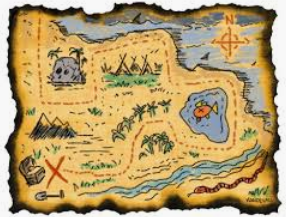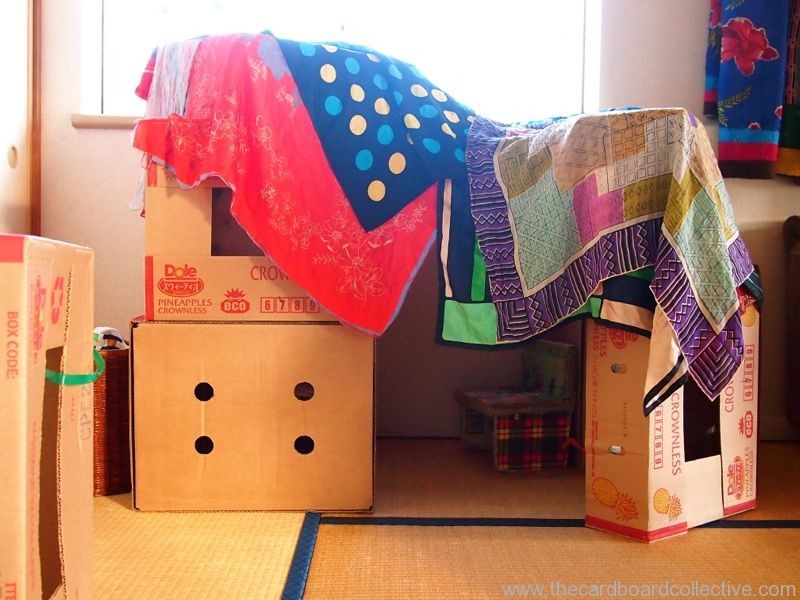As it’s the Easter holidays, we’re taking a break from the daily home learning tasks. Instead, here are a range of activities that you might like to try over the two weeks. The tasks are creative and are designed to allow children the opportunity to enjoy some different learning, perhaps alongside family members. A few key points…
- The list will be the same across year groups, meaning if you’ve more than one child, they might work on it together in some way.
- Some of the tasks can take a bit longer, like a mini-project, and others match Creative homework tasks.
- You can encourage your child to do some or all of the activities – they’re all optional.
- During this time, you can still email your child’s class teacher about the home learning, although they may not respond as quickly as they have been doing.
- Teachers will return to daily home learning tasks on Monday 20 April.
Art Attack
Andy Goldsworthy is a British artist who creates art using things he can find in nature. The artwork shown here was created using different leaf types and creating a pattern. He creates his art outside as he likes the fact that it’s temporary and won’t be around for long!

Create your own piece of art using different materials you can find around your home or in the garden. You could even create some ‘rubbish art’ using only items that have been used and would be thrown away or recycled.
Take some photographs and send them to your teachers.
Hunted
Create your own treasure hunt with cryptic clues for your family members to complete. Make the clues as tricky as you can. What could be the prize for the winning hunter? Maybe, this could tie in with a family Easter egg hunt.

Secret Message
Create your own invisible ink.

Using a spoon, mix water and lemon juice. Dip a cotton bud into the mixture and write a message onto the white paper. Wait for the juice to dry so your message becomes completely invisible. When you are ready to read your secret message or show it to someone else, heat the paper by holding it close to a light bulb – be careful: maybe ask an adult to do this part. As the mixture heats up, your message should reappear so people can read it again.
Alternatively, the same result can be achieved by writing the message on white paper with a white candle or crayon. Then, paint over the message using coloured paint to reveal the writing.
For a challenge, come up with your own way of making invisible ink and try it out on your family.
‘Board’ Silly
Design and create your own board game for you and your family to play – perhaps play some existing board games first to research ideas.
There are a few key things to think about:
- What will your theme be?
- Will there be any ‘snakes’ or ‘ladders’ style elements?
- Do you need to make a dice using a cube net?
- Will there be any extra challenges or forfeits if you land on certain numbers?
Enjoy your games!

Extreme Reading
Reading is a great way to relax and learn about the world around us; also, reading regularly can help us to stay happy and healthy. This challenge is all about making reading even more fun. We’d love to know how many places you can read in. Try to read in a different place each day. Take photos or draw a picture of you doing it, if you can.
You could read…
- in a den that you’ve made
- up a tree
- under the bed/table
- to the dog/cat
- looking in a mirror
Stay safe and send your class teacher some pictures.
Come Dine/Bake with Me
Have your very own family ‘Come Dine With Me’ experience. Each family member could cook a meal or a course and then you must score each other out of ten. Similarly, each family member could bake something and you could all have a tasting after where you give points (like on Great British Bake Off). You don’t have to work on your own – you could help an adult.
Who will win?


Den Building
Who doesn’t love making a den? Either in your house, or in your garden, spend time building a den and enjoy some time relaxing in it – if there’s more than one of you, you could make it a competition. Use whatever materials you can find and see how creative you can get.
You could also read in it and combine this challenge with the ‘Extreme Reading’ one.

Get Ya Body Movin’
Staying physically active plays a crucial role in keeping us happy and healthy; it boosts our mental and emotional health, too. This task has three options – all of which are designed to get people moving during the holidays. You could include your family as well.
Option A: Create your own ‘Ninja Warrior’ style challenges in the garden or your house. Try to include a range of activities that include jumping, balancing, stretching, climbing and, if you’re feeling brave, water. The adults in your family will love a water challenge.
Option B: Create your own Joe Wicks style workout video. You could do it with your family or film yourself and send it to your friends. You might like to check out Joe Wicks’ YouTube channel for inspiration.
Option C: Choose your favourite song and create your own ‘Wake Up Shake Up’ (WUSU) dance routine. Again, you could lead this for your family to join in or film yourself and send it to friends or other family members. This’ll be a great way to get everyone dancing.






